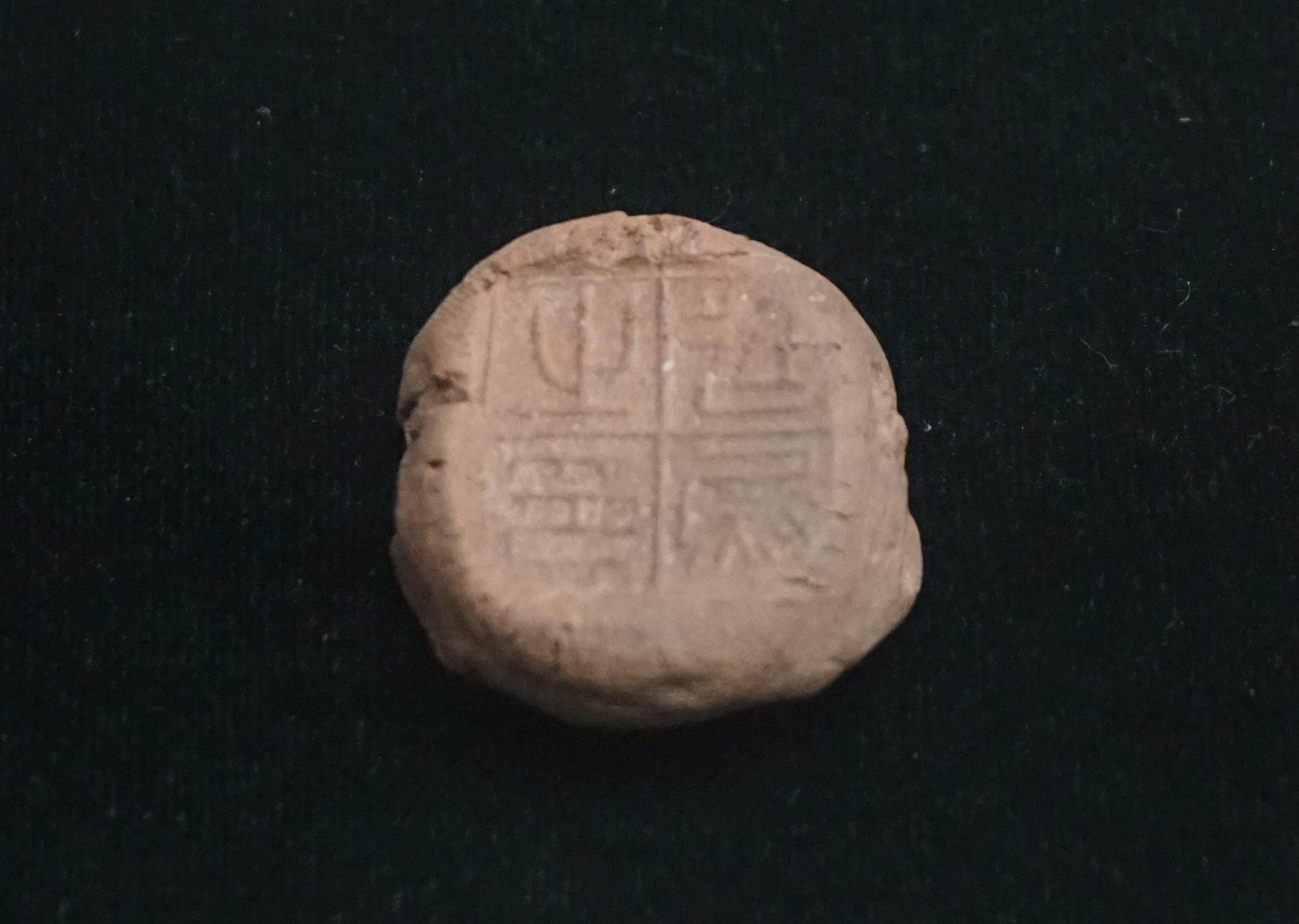Li Si
 Li Si (; 208 BC) was a Chinese calligrapher, philosopher, and politician of the Qin dynasty. He served as Chancellor from 246 to 208 BC, first under King Zheng of the state of Qin—who later became Qin Shi Huang, the "First Emperor" of the Qin dynasty. He then served under Qin Er Shi, Qin Shi Huang's eighteenth son and the second emperor. Concerning administrative methods, Li Si is said to have admired and utilized the ideas of Shen Buhai, repeatedly referring to the technique of Shen Buhai and Han Fei, but regarding law, he followed Shang Yang.
Li Si (; 208 BC) was a Chinese calligrapher, philosopher, and politician of the Qin dynasty. He served as Chancellor from 246 to 208 BC, first under King Zheng of the state of Qin—who later became Qin Shi Huang, the "First Emperor" of the Qin dynasty. He then served under Qin Er Shi, Qin Shi Huang's eighteenth son and the second emperor. Concerning administrative methods, Li Si is said to have admired and utilized the ideas of Shen Buhai, repeatedly referring to the technique of Shen Buhai and Han Fei, but regarding law, he followed Shang Yang.John Knoblock, a translator of classical Chinese texts, considered Li Si to be "one of the two or three most important figures in Chinese history" as a result of his efforts in standardizing the Qin state and its conquered territories. Li Si assisted the Emperor in unifying laws, governmental ordinances, and weights and measures. He also standardized chariots, carts, and characters used in writing, facilitating the cultural unification of China. He "created a government based solely on merit, so that in the empire sons and younger brothers in the imperial clan were not ennobled, but meritorious ministers were", and "pacified the frontier regions by subduing the barbarians to the north and south". He had the metal weapons of the feudal states melted and cast into bells and statues. He also lowered taxes and eased draconian punishments for criminals that had originated from statesman Shang Yang. Provided by Wikipedia
-
1
-
2
-
3
-
4
-
5
-
6
-
7
-
8
-
9
-
10
-
11
-
12
-
13
-
14
-
15
-
16
-
17
-
18
-
19
-
20
